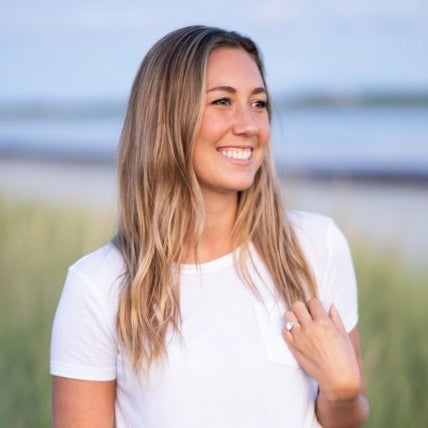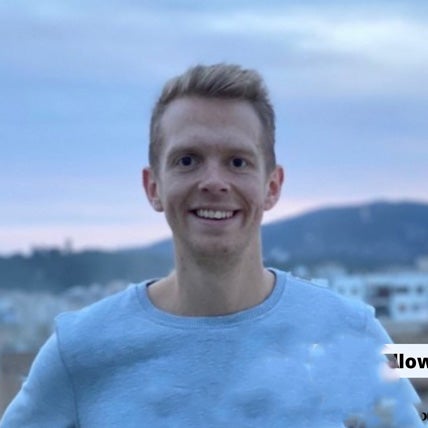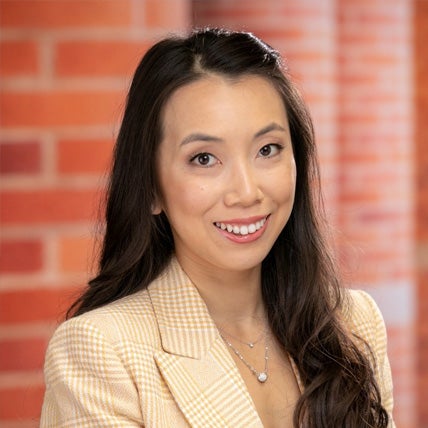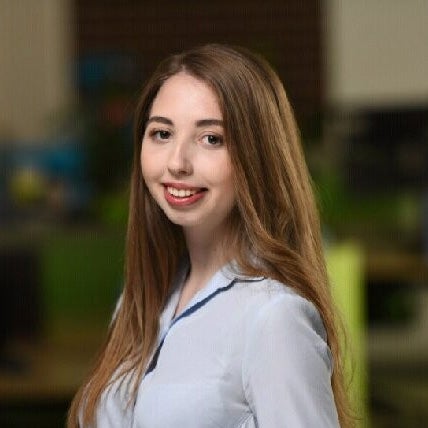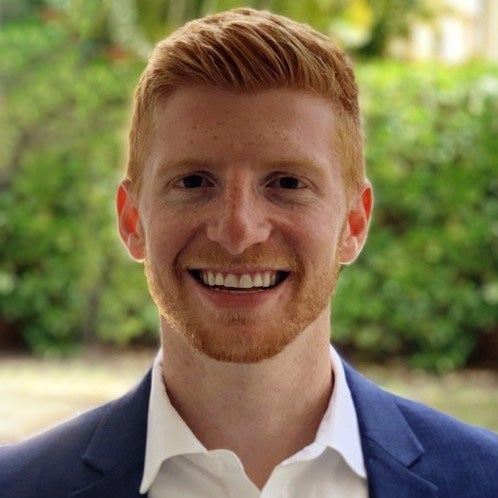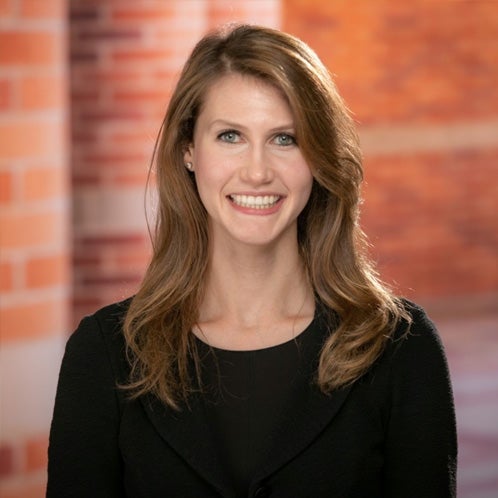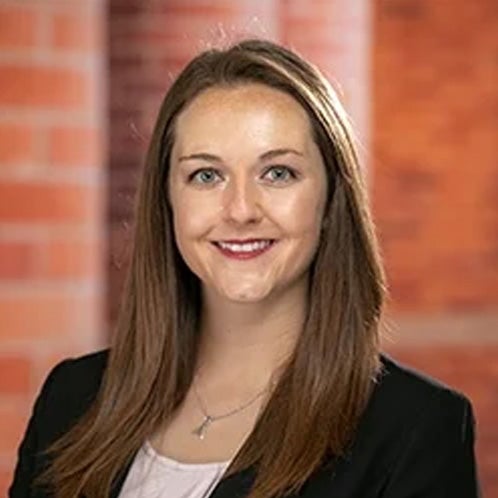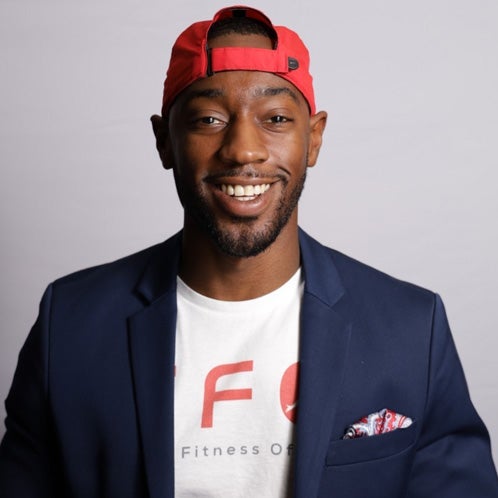UCLA Anderson’s Larry Wolfen Entrepreneurial Spirit Award was established in memory of the Class of 1993’s Larry Wolfen, someone who was intensely curious, had a strong desire to learn and possessed a genuine love of both life and people. When he died in 1994 of lung cancer, Larry’s family and friends believed that the best way to continue his entrepreneurial spirit was to provide financial support to UCLA Anderson students who demonstrate an innate curiosity for exploring entrepreneurial concepts, combined with the potential to transform these concepts into viable business opportunities.
“We were incredibly impressed by the entrepreneurial ideas coming from the students who applied for this year’s Wolfen Fellowship program, even amid so much unpredictability,” says Angela Klein, the program manager who administers the Wolfen Award at Anderson’s Price Center for Entrepreneurship & Innovation. “We look forward to seeing their businesses come to life.”
“It’s always incredible to see the progress that the Wolfen Fellows make over the course of the summer,” says Trish Halamandaris (’92), director of the Venture Accelerator at Anderson, where all the Wolfen fellows will participate in the summer incubator known as Activate. “The intensive two-month program really gives them the chance to explore their product-market fit.”
Recipients of the Larry Wolfen Entrepreneurial Spirit Award form teams through Anderson’s Business Creation Option capstone program to develop their business ideas. The award provides the founders financial means to pursue their entrepreneurial project during the summer between the first and second years at UCLA Anderson. Meet — and congratulate — the 2022 Price Center Wolfen Fellows!
Lauren Browning (’23)
Joachim Cassel (’23)
Stephanie Chui (’23)
Nataliia Dranchuk (’23)
Brian Dubow (’23)
Brooke Levin (’23)
Annie McNutt (’23)
Kevin White (’23)

